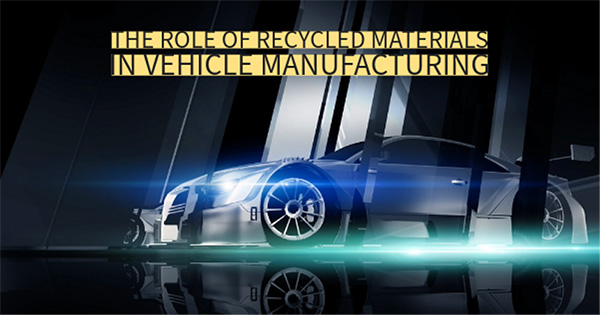Let’s explore the impact of high vs. low-quality auto parts and how choosing the right parts can affect your vehicle’s overall performance.
Your vehicle is a complex machine that relies on each piece doing its job perfectly to keep everything running smoothly. It’s super important to know the difference between top-notch and shoddy stuff. In this guide, we’ll explore the impact of high vs. low-quality auto parts and how choosing the right parts can affect your vehicle’s overall performance.
High-quality auto parts are manufactured to meet or exceed industry standards. When you’re looking at auto parts, quality is a big deal. These parts aren’t just thrown together but carefully crafted for performance, longevity, and safety. Even under pressure or overuse, you can trust them not to disappoint you. This results in components that fit perfectly and perform as expected. You can also expect them to have a longer lifespan.
High-quality parts are made from superior materials that are more durable and resistant to wear and tear. They’re designed meticulously and tested thoroughly so that what ends up in your hands is safe and reliable enough to withstand everyday use without giving out.
Low-quality auto parts are typically manufactured with cost-saving measures that compromise their durability and performance. They may be produced with less precision and attention to detail. This can result in components that don’t fit properly or wear out quickly. To save on costs, low-quality parts are often made from subpar materials more prone to premature failure.
These parts may not meet safety standards, potentially putting you and your passengers at risk. They may not hold up well under various driving conditions. If you’re using low-grade parts for your ride, it’s gonna mess with its performance big time. It could lead to a lousy fuel economy and rougher handling than usual, too.

Recycling is a real game-changer in the car parts industry. Using recycled material means less waste going into landfills. These reused materials often have serious strength, directly translating into better-quality auto parts. In fact, almost 69% of all steel is recycled annually in North America.
Top-tier manufacturers are super picky when it comes to choosing recycled materials. They don’t just take any old thing; they make sure that what they’re using has been processed right and can meet the standards for both performance and safety. They know their reputation is on the line with every product they put on the market.
If you’re a car owner, you know how important the quality of your auto parts can be. High-grade components boost your ride’s performance and ensure its safety. They meet rigorous safety standards and are less likely to fail unexpectedly. Shoddy parts don’t just mean more frequent repairs or replacements, as they can put you at risk of accidents or failures because they’re less reliable. Paying more upfront can turn into significant savings down the line. Now, isn’t that worth considering? This is why quality matters big time when it comes to car parts. Now consider Ford Motor Company – they’re raking in about $127 billion annually! That kind of cash flow doesn’t just pop up overnight. They have likely emphasized quality, which pays off big time for them in the long run.
While the quality of auto parts is crucial, it’s also interesting to note some historical aspects of vehicles. According to Toyota, a manual transmission is the oldest transmission type for modern vehicles. With manual transmissions, you have a clutch and gear shift that you have to manage yourself. It’s all about choosing the right gear at your discretion. You’re in control, setting the pace for how your car behaves on the road.
The automotive industry, focusing on manufacturing and quality, continues shaping our vehicles. When you’re shopping for auto parts, quality isn’t just an option; it’s crucial for long-term dependability and safety of your ride.
Scott Ellyson, CEO of East West Manufacturing, brings decades of global manufacturing and supply chain leadership to the conversation. In this episode, he shares practical insights on scaling operations, navigating complexity, and building resilient manufacturing networks in an increasingly connected world.